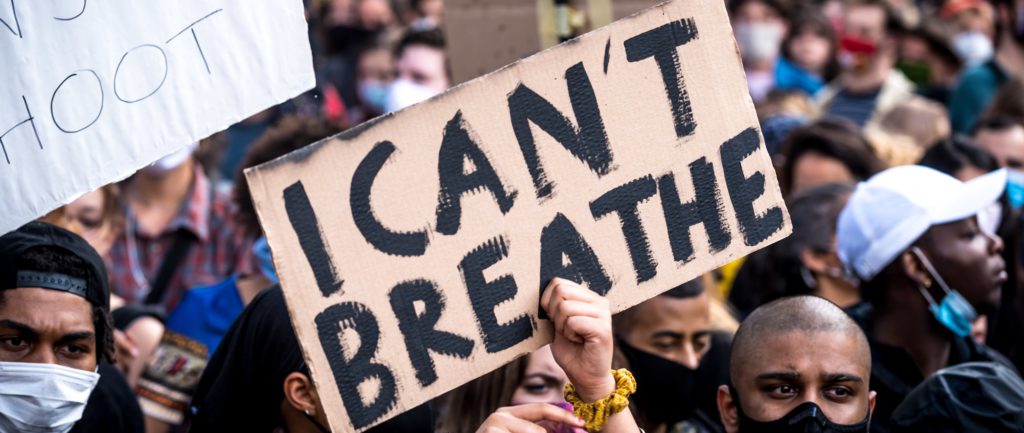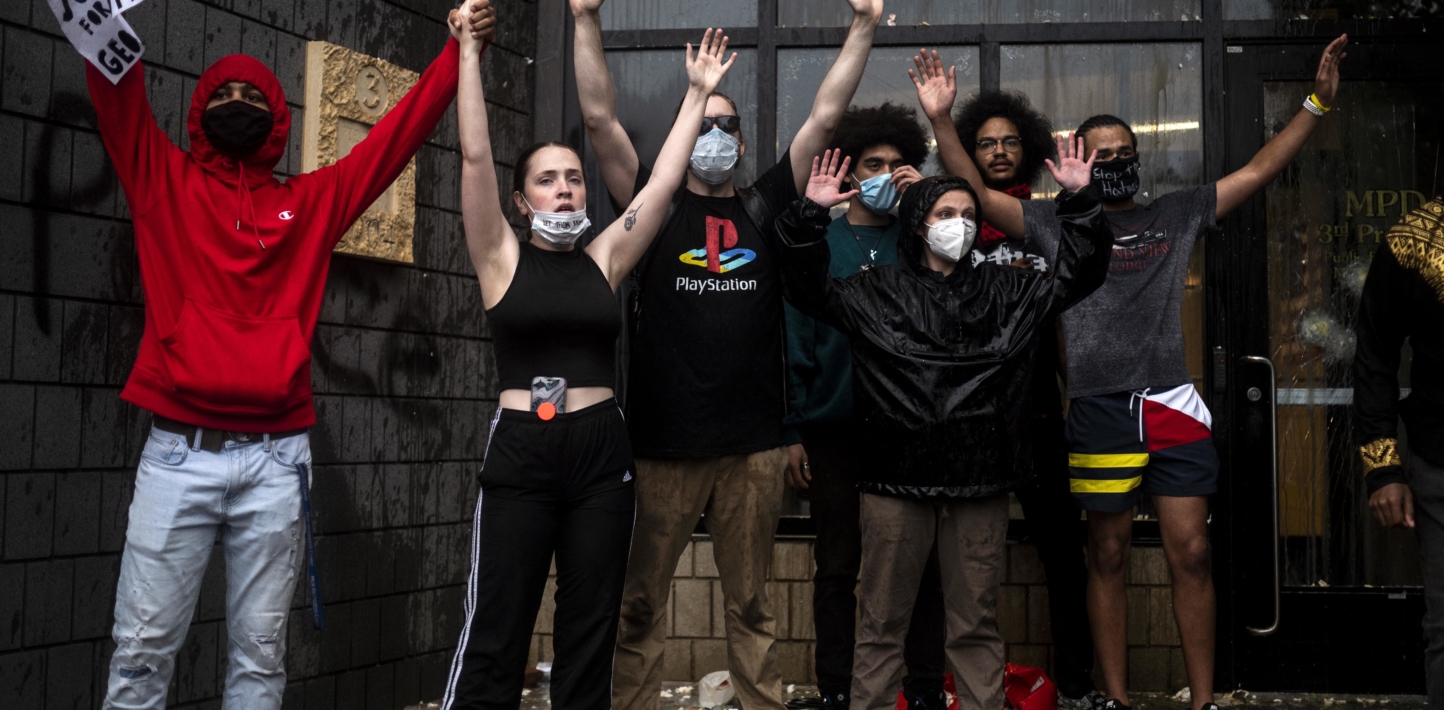By Rajat Khosla, Senior Director of Research, Advocacy and Policy at Amnesty International
This unnecessary suffering was not caused by the virus alone; it has been exacerbated by leaders (mostly men) around the world, who exploited the pandemic to further advance their political agendas.
There are countless examples of governments failing to protect their populations - the UK government sending thousands of patients untested from hospitals into care homes; Russian and Egyptian authorities arresting doctors who raised safety concerns; President Trump downplaying the pandemic’s seriousness for months.

President Donald Trump speaks to the media before departing on Marine One on the South Lawn of the White House on November 9, 2018 in Washington, DC.
Other leaders have used the crisis as a pretext for further repressing human rights, arresting journalists and activists or introducing draconian laws on “fake news”.
All of these are human rights issues. In fact, 2020 has brought human rights to the fore of public debate. This includes not only our right to health, but also the right to be safe at work, to peacefully express our opinions, to live free of discrimination.
Police violence has also been a defining feature of this year. From the killing of George Floyd in the US, to Nigerian security forces’ murderous attacks on peaceful protesters, the abuse of police powers has been a global talking point in 2020. The state is supposed to be the ultimate protector of human rights, but in too many cases states are the biggest abusers.

To make matters worse, many of the people who are documenting and campaigning against these violations are themselves under attack. On every continent, civic space is being crushed and dissent ruthlessly silenced. To give just a few examples, this year Amnesty International was forced to close its offices in India, Hong Kong protest leaders were sentenced to prison, Russian opposition leader Alexei Navalny was poisoned, and the leadership of the Egyptian Initiative on Personal Rights were arrested.
There can be no doubt about the agendas of the governments who launched these attacks, even as they dress up their repression in nationalist rhetoric. This is the “us vs them” style of leadership that has also led to violence against Muslims in Delhi, and the continued persecution of Uighurs in China.
It is clearer than ever that isolationism and inequality do not keep us safe, and that borders offer no protection against the virus. The global Black Lives Matter protests that broke out in the wake of George Floyd’s death show what solidarity can look like in practice; the extraordinary international effort to develop a vaccine is another example.
Around 50,000 people took part in an anti-racism demonstration in Vienna on Thursday, 4th of July 2020. Activists of Amnesty International Austria demanded justice of George Floyd who was killed by police officers in Minneapolis, USA.
Vaccine discoveries may provide light at the end of the tunnel for the pandemic, but to truly protect ourselves from future crises, we need to focus on putting human rights back on the agenda. To continue the momentum, we must demand that COVID-19 vaccines are available to everyone – regardless of where they live, who they are, or what they can afford. And, we must offer our solidarity and support to the human rights activists around the world who are stepping up to fill the gaps left by their governments.
This year protesters of all ages have taken to the streets of the USA, Belarus, Poland, Nigeria, Thailand, Chile, Lebanon, and Hong Kong to stand up against injustice. Women’s Strike protesters filling the streets of Warsaw, hundreds of thousands coming out in Belarus to protest electoral violations, Indigenous women in Ecuador protesting against the pillaging of their lands by corporations – these movements are our best hope for turning the tide on the repression and discrimination that have been the status quo for too long. They are the only way to inoculate against injustice and climate disaster, to build inclusive societies that offer equal protection to all.

The resilience of these movements is extraordinary. After Hong Kong activist Joshua Wong was sentenced to jail last week, he shouted “we will hang in there!” This is a message for our times – at the end of an extraordinary painful year, it is more important than ever to stand firm and defend the principles of human rights.


